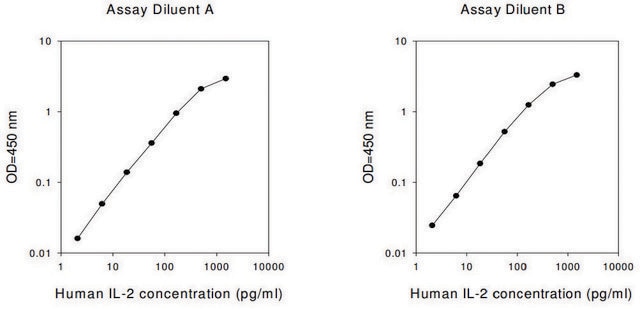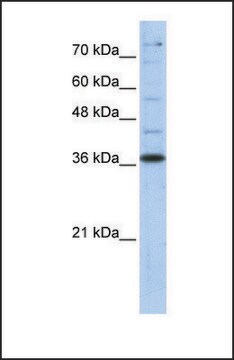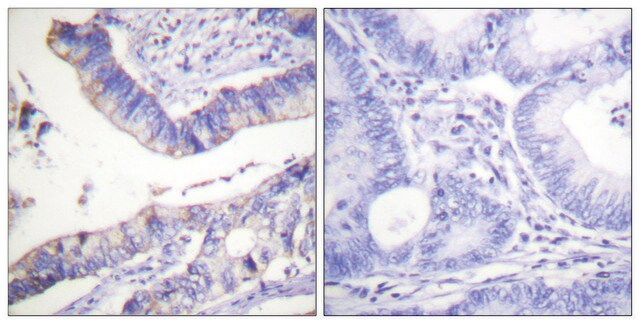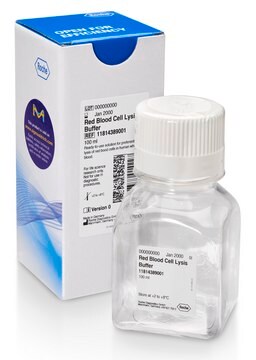05-1117
Anti-VEGF Antibody, clone VG1
ascites fluid, clone VG1, from mouse
Synonym(s):
Vascular permeability factor, vascular endothelial growth factor, vascular endothelial growth factor A, vascular endothelial growth factor isoform VEGF165
About This Item
Recommended Products
biological source
mouse
Quality Level
antibody form
ascites fluid
clone
VG1, monoclonal
species reactivity
mouse, human, rat
technique(s)
western blot: suitable
isotype
IgG1κ
NCBI accession no.
UniProt accession no.
shipped in
wet ice
target post-translational modification
unmodified
General description
Specificity
Immunogen
Application
Signaling
Growth Factors & Receptors
Quality
Western Blot Analysis: A 1:500 dilution of this antibody detected VEGF on 10 µg of NIH/3T3 cell lysate.
Target description
Linkage
Physical form
Storage and Stability
Avoid repeated freeze/thaw cycles, which may damage IgG and affect product performance.
Analysis Note
NIH/3T3 cell lysate
Disclaimer
Storage Class Code
10 - Combustible liquids
WGK
WGK 1
Flash Point(F)
Not applicable
Flash Point(C)
Not applicable
Certificates of Analysis (COA)
Search for Certificates of Analysis (COA) by entering the products Lot/Batch Number. Lot and Batch Numbers can be found on a product’s label following the words ‘Lot’ or ‘Batch’.
Already Own This Product?
Find documentation for the products that you have recently purchased in the Document Library.
Our team of scientists has experience in all areas of research including Life Science, Material Science, Chemical Synthesis, Chromatography, Analytical and many others.
Contact Technical Service






